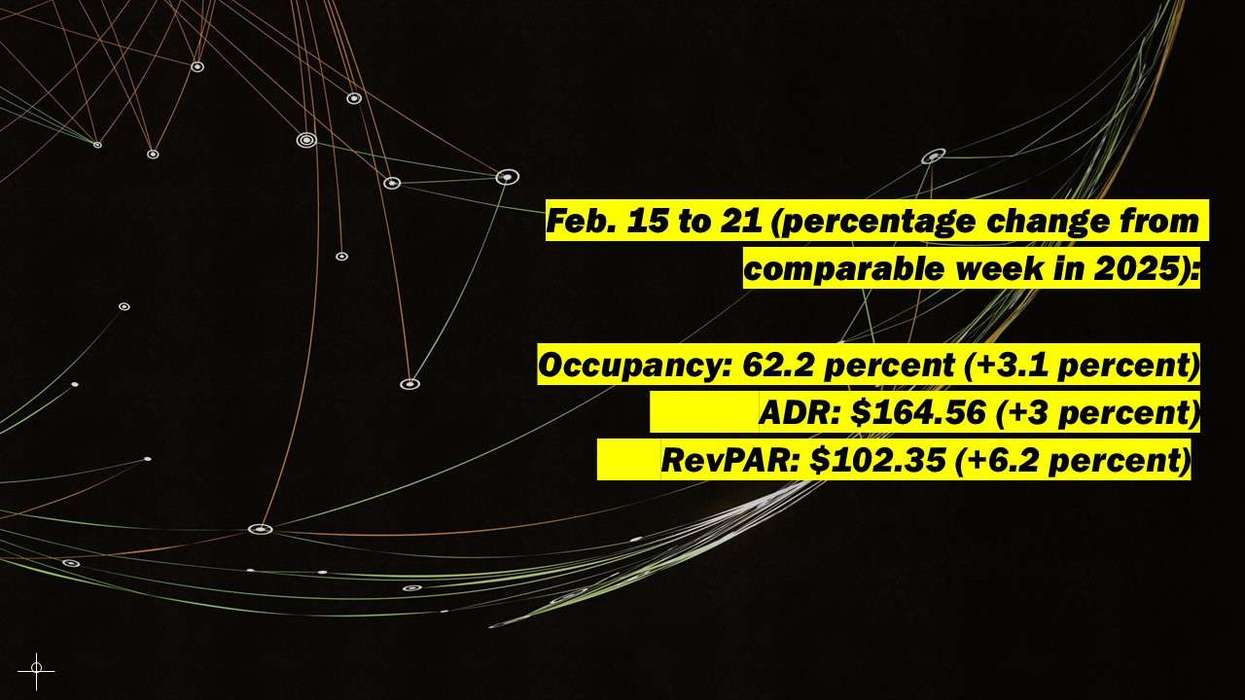Los Angeles Tourism Faces Post-Pandemic and Wildfire Challenges
LOS ANGELES IS STILL grappling with the long-term effects of the pandemic and, more recently, wildfires, according to a new report by the American Hotel & Lodging Association. International visitation also remains well below 2019 levels, more so than in any other major U.S. city.
The AHLA report, “L.A. in Focus: The Tourism Industry Today,” found that recent wildfires and proposed city council legislation are compounding challenges for the tourism industry and contributing to the city’s budget shortfall.
“Los Angeles’ tourism industry has historically been a top contributor to the city’s economy,” said Rosanna Maietta, AHLA president and CEO. “However, several external factors have brought the hospitality industry to an inflection point. While the city faces a significant budget deficit, the city council continues to push legislation that will increase hotel operational costs, leading to thousands of layoffs and ultimately reducing taxable revenue.”
The tourism industry is a top-five employer in Los Angeles County, supporting more than 540,000 jobs, the report said. In 2023, it generated over $40 billion in local business sales and $290 million in transient occupancy tax revenue.
However, Los Angeles experienced a $14.3 million TOT shortfall in fiscal year 2023–2024. Midway through fiscal year 2024–2025, the gap had already reached $13.9 million, the report found.
Maietta said the report reinforces AHLA's message to the mayor and city council: abandon efforts to undermine the hotel industry and collaborate on the city’s recovery and preparations for major global events.
Key trends and findings from the report include:
- Los Angeles ranks lowest among major cities in COVID-19 recovery, reaching only 79 percent of 2019 levels. International visitors account for 23 percent of overnight visitation but 49 percent of overnight visitor spending.
- Labor expenses, which make up about 50 percent of a hotel’s total costs, have outpaced revenue growth since 2020.
- Legislation like the Worker Minimum Wage Ordinance could worsen the city’s economic situation, leading to the loss of 14,000 hotel jobs, a $169 million drop in state and local tax revenue, and a $342 million decrease in hotel construction spending.
The report warned that new hotel operational restrictions being considered by the city council could further depress the industry and increase TOT shortfalls as the city prepares for the 2026 World Cup and 2028 Olympics.
Additionally, a recent AHLA report found that hotels are using new tools and technologies to recruit and retain employees as the industry works toward pre-pandemic staffing levels. According to Oxford Economics and STR/CoStar, the industry is projected to add more than 14,000 employees in 2025, although staffing will remain below 2019 levels.






